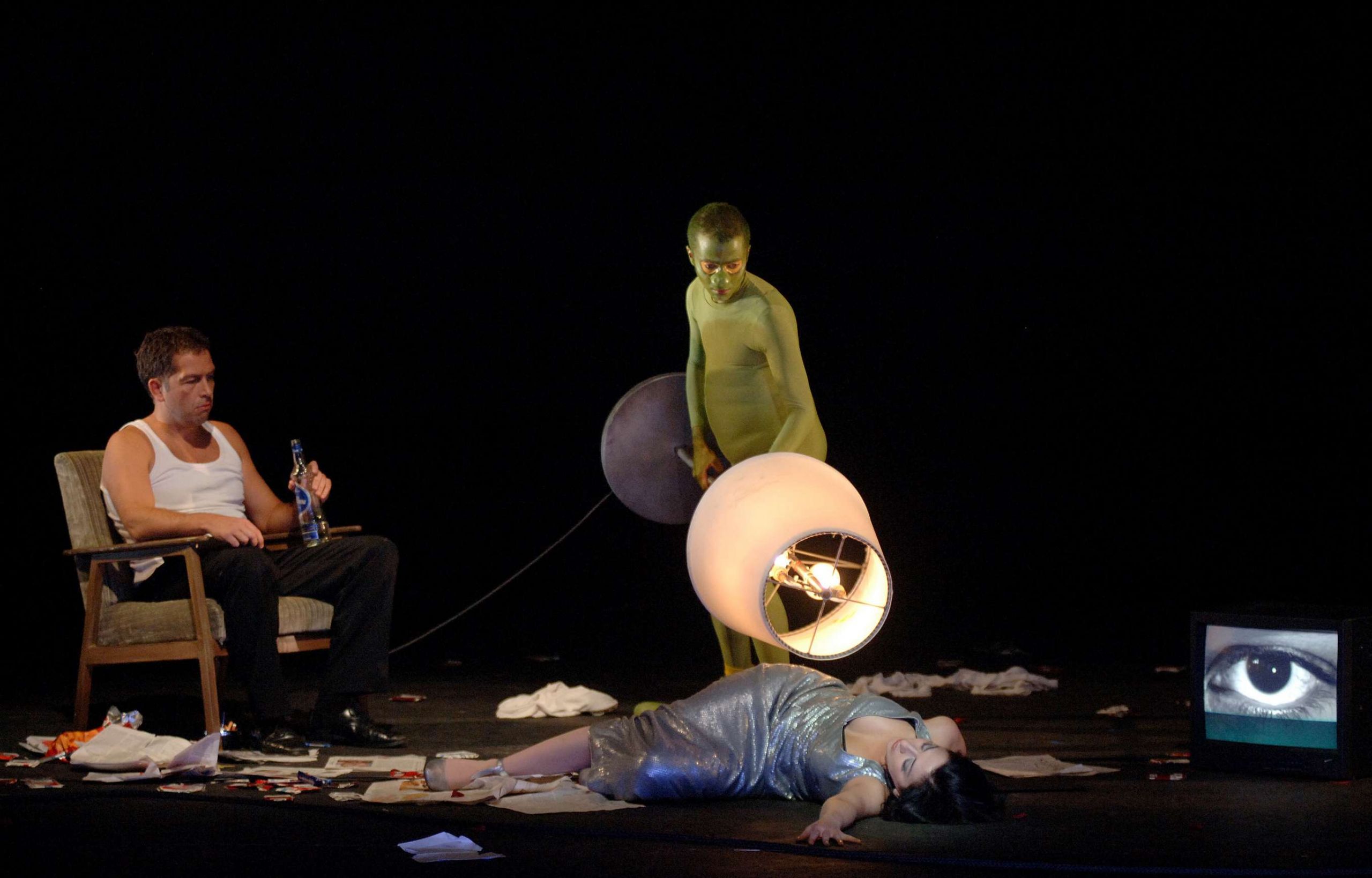Many might read the headline of this article and immediately let their eyes wander. If you’re a regular reader of any opera blog or magazine you’ll notice that many – indeed, most – commentators despise Regietheater. You’ll also discern from letters columns and blog comments that many readers share their sentiments. Regietheater is “one of the most depressing artistic developments of our time; it suggests a culture that cannot tolerate its own legacy of beauty and nobility,” says Heather Mac Donald in her virtuoso critique, The Abduction of Opera. Ouch.

What is Regietheater? The literal translation is “directors’ theatre”, but Regietheater is generally used in a negative sense to describe theatrical productions in which the director radically alters the original setting of the libretto or play and in doing so essentially restages the work, ignoring or suppressing elements of the original stage directions.
Now, this in itself is not that controversial. Think about the last Shakespeare play you might have seen. Most theatre directors update as a matter of course. But in opera, these kinds of restagings have caused quite a stir. One of the most notorious productions...










Comments
Log in to join the conversation.